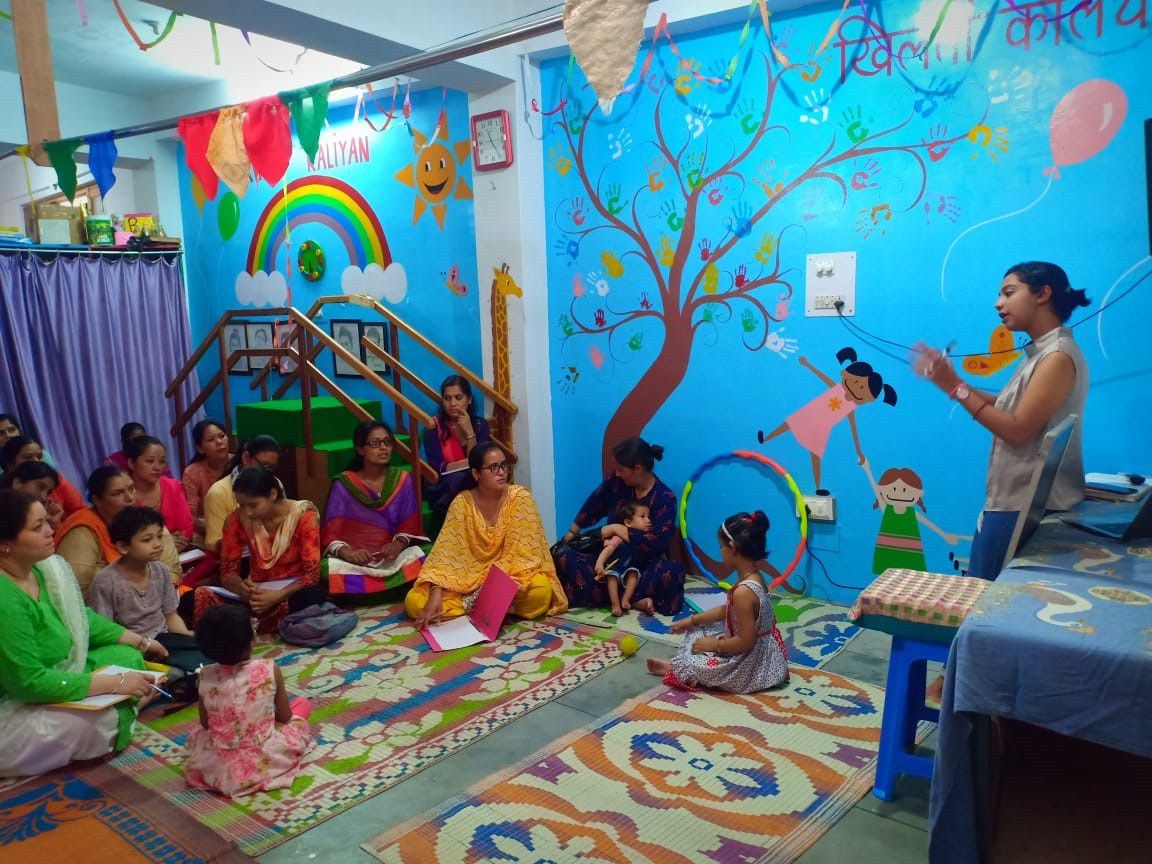
"Excellence we aspire; Performance we deliver".
Contact Us
The aim of voice therapy is to eliminate or improve problems with the creation of vocal sounds (phonation) in the larynx (voice box). After completing therapy, your voice should be stronger and sound like it did before. Voice therapy can also be used for prevention, to train your voice in order to avoid such problems altogether.
Voice therapy includes various individually tailored exercises that can be learned from a speech therapist, voice coach or respiratory therapist. In Germany, statutory health insurers typically cover the costs of voice therapy if it is necessary and has been prescribed by a family doctor or an ENT specialist.
Voice therapy is suitable for most types of voice disorders (dysphonia). A voice disorder is a persistent change in someone's voice. The voice is then often hoarse, but it might also be strained, husky or soundless. It is then weaker and less powerful too: For instance, someone with a voice disorder may not be able to hold a key for as long as they could before. Or they may no longer be able to sing very high or low notes, or speak in a very high or deep voice. Sometimes, a person's voice may disappear altogether (aphonia).
Voice disorders can be caused by a wide variety of things. They can be grouped into:
Functional voice disorders:
These can arise from speaking frequently and loudly. Some people use too much force or tension when speaking, without being aware of it. This might be because they are very stressed or have got into the habit of using an unfavorable breathing technique. Others may speak in a register that isn't right for them.
Organic voice disorders:
These are caused by changes affecting the larynx. But physical changes such as vocal nodules may result from a functional voice disorder too. Paralysis of the vocal cords - which can occur after thyroid surgery, for instance - is another common organic voice disorder. Other causes include smoking, inflammations, stroke or laryngeal (larynx) cancer.
Psychogenic voice disorders:
Here the voice becomes hoarse, cracked, or completely silent after a distressing event, persistent stress, or as a result of a mental illness such as depression.
You typically see a therapist once or several times a week for a few months. Each session of therapy usually lasts 45 minutes. It is also sometimes possible to do online sessions at home on the computer.
Voice therapy may include the following exercises:
1. Breathing exercises - for example, practicing using your diaphragm more when breathing, or learning to better coordinate your speech and breathing.
2. Relaxation exercises to reduce tension.
3. Movement or posture exercises to improve your posture.
4. Exercises for the mouth and jaw muscles - for instance, using chewing movements or intentional yawning and sighing.